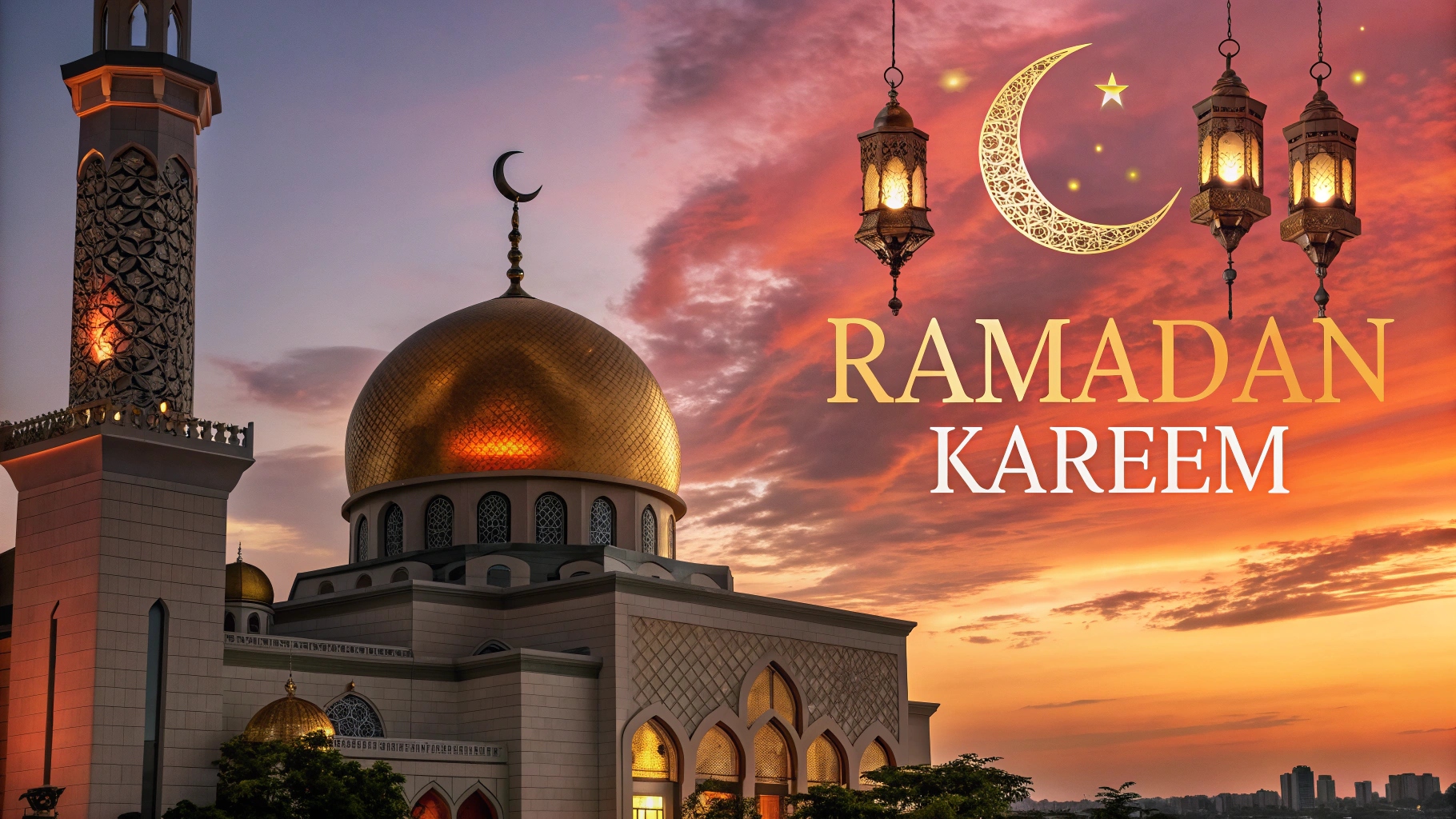
Introduction
Ramadan, the ninth month of the Islamic lunar calendar, is a sacred time for Muslims worldwide. It is a period of fasting, prayer, reflection, and community. The beginning of Ramadan is determined by the sighting of the crescent moon, which varies depending on geographical location.
In 2025, Muslims in Saudi Arabia, India, the UAE, and Pakistan will eagerly await the announcement of Ramadan’s start date. This blog provides a detailed guide on the expected dates, moon sighting timings, and key traditions associated with Ramadan in these regions.
What is Ramadan?
Ramadan is a holy month in Islam during which Muslims fast from dawn to sunset. It is one of the Five Pillars of Islam and holds immense spiritual significance. The month culminates in the celebration of Eid al-Fitr, a festive occasion marking the end of fasting.
Ramadan 2025: Expected Dates
The Islamic calendar is based on the lunar cycle, so the exact start date of Ramadan depends on the sighting of the crescent moon. In 2025, Ramadan is expected to begin on Friday, February 28, and end on Sunday, March 30, with Eid al-Fitr likely falling on Monday, March 31
Moon Sighting Timings and Key Details:
1. Saudi Arabia
- Moon Sighting Date: February 27, 2025
- Time: After sunset (around 6:00 PM local time)
- Key Information: Saudi Arabia’s moon sighting committee will meet to confirm the start of Ramadan. The announcement is usually made via official channels and media.
2. India
- Moon Sighting Date: February 27, 2025
- Time: After sunset (around 6:30 PM local time)
- Key Information: The Central Ruet-e-Hilal Committee in India will convene to observe the moon. Local mosques and Islamic organizations will also participate in the sighting process.
3. UAE
- Moon Sighting Date: February 27, 2025
- Time: After sunset (around 6:15 PM local time)
- Key Information: The UAE’s Moon Sighting Committee will announce the start of Ramadan based on confirmed sightings.
4. Pakistan
- Moon Sighting Date: February 27, 2025
- Time: After sunset (around 6:20 PM local time)
- Key Information: Pakistan’s Central Ruet-e-Hilal Committee will lead the moon sighting efforts. Regional committees will also report sightings to ensure accuracy.
How Moon Sighting Works
The Islamic calendar is lunar, meaning each month begins with the sighting of the new crescent moon. Moon sighting is a traditional practice that involves:
- Observation: Committees and individuals look for the crescent moon after sunset on the 29th day of Sha’ban (the month before Ramadan).
- Confirmation: If the moon is sighted, Ramadan begins the next day. If not, Sha’ban completes 30 days, and Ramadan starts the day after.
Key Traditions During Ramadan
- Fasting (Sawm): Muslims abstain from food, drink, and other physical needs from dawn to sunset.
- Suhoor and Iftar: Pre-dawn meals (Suhoor) and evening meals (Iftar) to break the fast.
- Taraweeh Prayers: Special nightly prayers performed in congregation at mosques.
- Quran Recitation: Many Muslims aim to complete the entire Quran during Ramadan.
- Charity (Zakat and Sadaqah): Increased acts of charity and giving to the less fortunate.
Tips for Observing Ramadan
1. Stay Hydrated: Drink plenty of water during non-fasting hours.
2. Eat Balanced Meals: Include proteins, fibers, and healthy fats in Suhoor and Iftar.
3. Plan Your Day: Adjust your schedule to accommodate prayers and rest.
4. Focus on Spirituality: Use this time for self-reflection, prayer, and community bonding.
Conclusion
Ramadan 2025 is expected to begin on February 28, with Muslims in Saudi Arabia, India, the UAE, and Pakistan eagerly awaiting the moon sighting announcement. This holy month is a time for spiritual growth, community, and devotion.
As the crescent moon is sighted and Ramadan begins, millions of Muslims worldwide will embark on a journey of fasting, prayer, and reflection. May this Ramadan bring peace, blessings, and unity to all.
FAQs About Ramadan 2025:
A. Ramadan 2025 is expected to start on February 28, subject to moon sighting.
A. The start of Ramadan is determined by the sighting of the crescent moon.
A. Suhoor:The pre-dawn meal before fasting begins.
Iftar: The evening meal to break the fast at sunset.
A. Fasting is not mandatory for children, the elderly, pregnant women, or those with health conditions.
A. Ramadan lasts for 29 or 30 days, depending on the lunar calendar.
A. Eid al-Fitr is the festival marking the end of Ramadan, celebrated with prayers, feasts, and charity.

